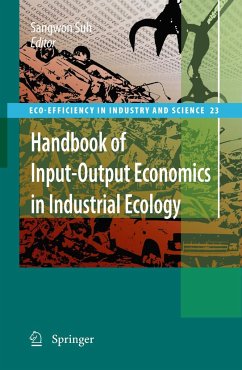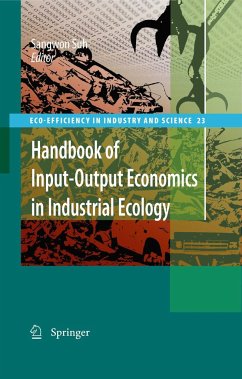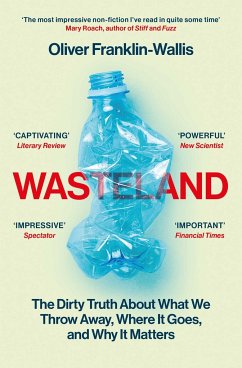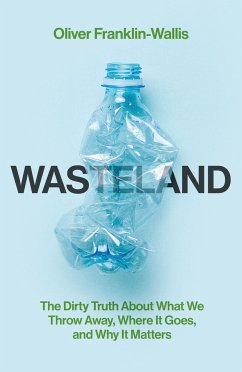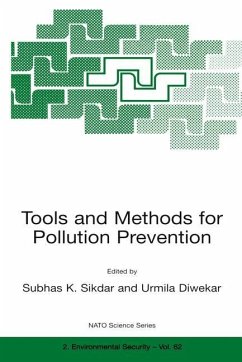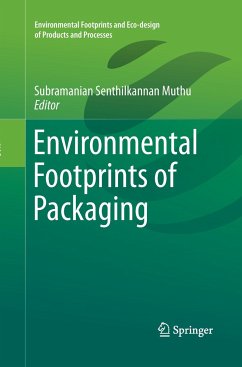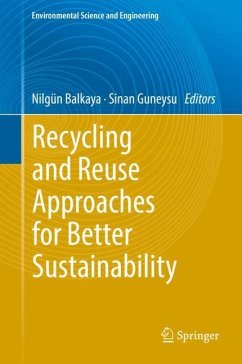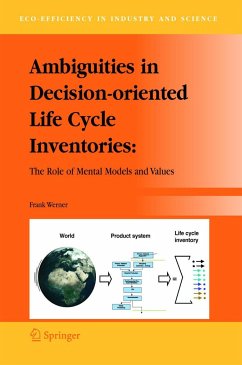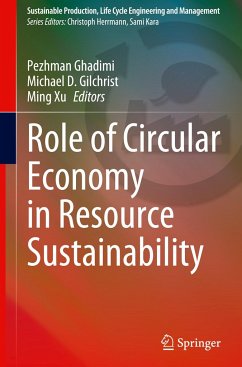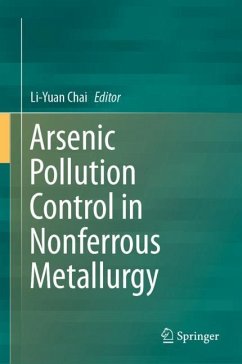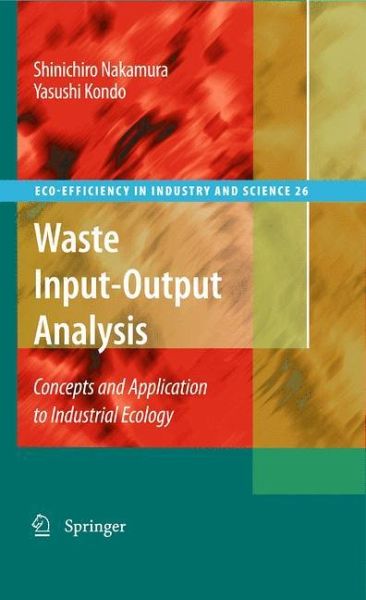
Waste Input-Output Analysis
Concepts and Application to Industrial Ecology
Versandkostenfrei!
Versandfertig in 6-10 Tagen
76,99 €
inkl. MwSt.
Weitere Ausgaben:

PAYBACK Punkte
38 °P sammeln!
The increasing use of input-output analysis (IOA) in Industrial Ecology (IE) for life-cycle assessment (LCA), material flow analysis (MFA), and life-cycle costing (LCC) calls for a self-contained book on IOA that can meet the needs of practitioners without compromising on basic concepts and latest developments. "Waste Input-Output Analysis" addresses these needs.
The standard IOA has the weakness that it does not consider the physical flows of waste and the activity of waste management. To cope with this problem, the authors have developed the Waste Input-Output model (WIO) which addresses these issues explicitly.
The standard IOA has the weakness that it does not consider the physical flows of waste and the activity of waste management. To cope with this problem, the authors have developed the Waste Input-Output model (WIO) which addresses these issues explicitly.
Industrial ecology (IE) is a rapidly growing scienti?c discipline that is concerned with the sustainability of industrial systems under explicit consideration of its int- dependence with natural systems. In recent years, there has been an ever-increasing awareness about the applicability of Input-Output Analysis (IOA) to IE, in particular to LCA (life cycle assessment) and MFA (material ?ow analysis). This is witnessed in the growing number of papers at ISIE (International Society for Industrial Ec- ogy) conferences, which use IOA, and also by the installment of subject editors on IOA in the International Journal of Life Cycle Assessment. It can be said that IE has become a major ?eld of application for IOA. The broadening of users of IOA from various backgrounds implies a need for a self-contained textbook on IOA that can meet the needs of students and practitioners without compromising on basic c- cepts and the latest developments. This book was written with the aim of ?lling this need, and is primarily addressed to students and practitioners of IE. As the title suggests, the core contents of the book have grown out of our research in IOA of waste management issues over the last decade. We have been fascinated by the versatile nature of IOA with regard to various technical issues of waste m- agement in particular, and to IE in general. For us (both economists by training), IOA has turned out to be extremely useful in establishing productive communi- tion with scientists and engineers interested in IE.





